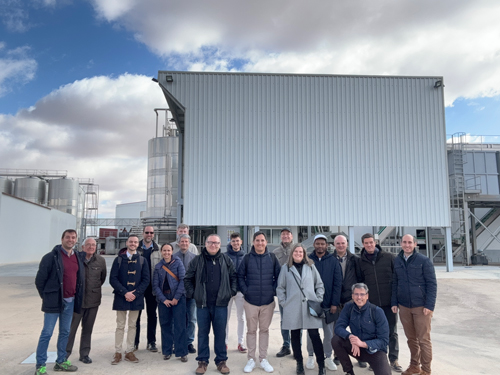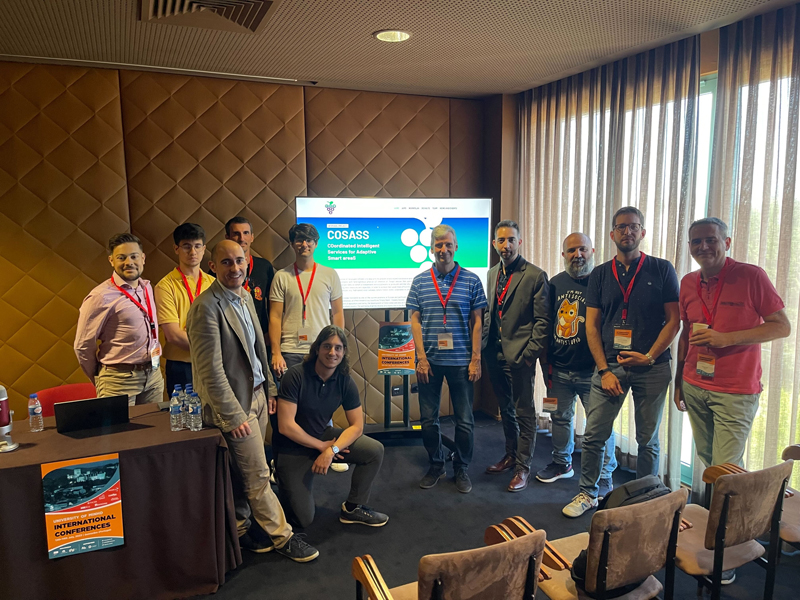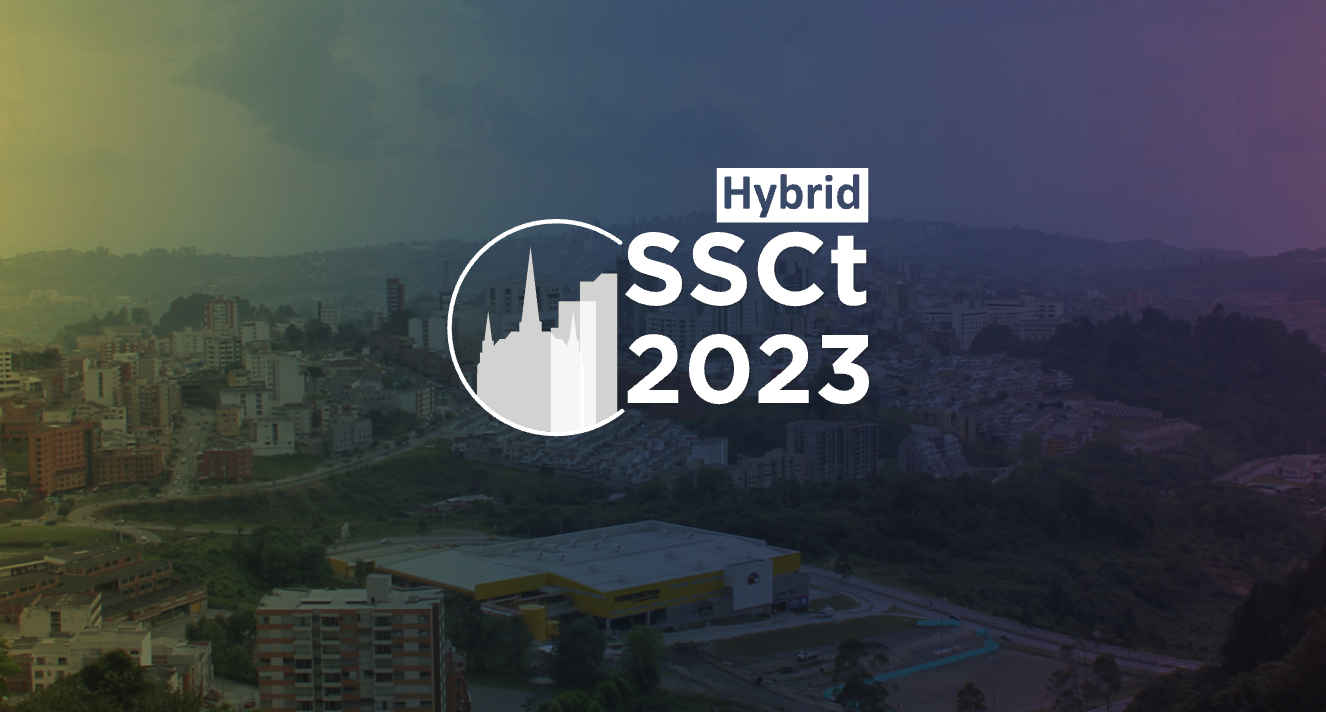The overall objective of the project COSASS is to deal with the problem of distributed coordination and decision making in harsh environments with heterogeneous physical IoT (Internet of Things) devices that operate on the edge, accomplishing certain tasks on behalf of independent service providers or producers and that should collaborate and coordinate, sharing their resources and capacities, in order to achieve their goals more efficiently. Examples of such harsh environments are, e.g., high-speed trains, subways, desert, trench, forest, underwater or underground mining, or rural areas.
Our research is strongly motivated by one of the current problems in Europe and particularly in Spain: the gradual depopulation of rural areas, an effect known in our country as “Empty Spain - España Vaciada”, which has repercussions on the abandonment of agriculture and farms, the development of these areas and also on the global and sustainable development of the whole country. The well-being of all the citizens of a country lies in the diversity of its territories. It is therefore necessary and urgent to engage with rural communities in order to achieve their economic, social, political and environmental objectives. In their daily lives, Spanish and European citizens and businesses heavily rely on rural areas for food, land use, energy, water, air quality and raw material availability and, therefore, a sustainable development of such areas is crucial.
In order to provide solutions to this problem, we aim at providing flexible and adaptable seamless cloud-edge decision making, where complex predictions and long-term planning is computed in the cloud and operational decisions are taken at the local level at the edge. We especially focus on technological problems like scarce energy and computational resources, frequent changes of conditions, geographical dispersion and unexpected connectivity problems, but also on problems related with the independence and autonomy of participants, like the provision of fair solutions that foster collaboration and information exchange and provide benefits for all involved entities. The development of solutions to the aforementioned problem requires advances in several research areas such as Edge Computing, Industrial Internet of Things (IIoT), Federated Learning, Digital Twins, Decentralized Coordination and Decision Making, Autonomous and Adaptive Systems, Multi-Agent Systems, and Trustworthy AI.


